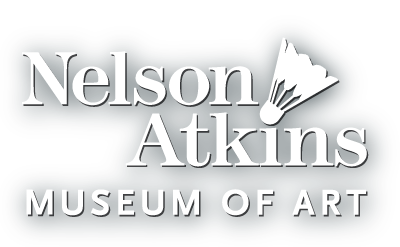Side Table with Upturned Ends
Original Language Title黃花梨木翹頭案 清
CultureChinese
Datefirst half 18th century
MediumHuanghuali wood
DimensionsOverall: 33 3/4 × 14 × 63 1/2 inches (85.73 × 35.56 × 161.29 cm)
Credit LinePurchase: William Rockhill Nelson Trust
Object number46-72
On View
Not on viewCollections
DescriptionA huanghuali everted end table with mitred frame end with square overlapping everted section and flush floating panel(s). The legs are tenoned into this frame but do not have the standard construction for this type of inset leg table of a bridle joint to stiffen the structure. The openwork apron is made up of small sections mitred, mortise and tenoned together and loose tenoned to the legs and top. Probably first half of 18th century.Exhibition HistoryThe Art of the Forbidden City, Minneapolis Institute of Arts, 1955.
Side tables were used to display collectibles and ornaments such as flower vases, scholar’s rocks, antiquities, and, especially, the qin zither such as the one on this table. Such tables were made with narrow proportions in order not to intrude into the center of the room. The upturned ends of the top and the narrow braces lend it a feeling of airy lightness. Can you spot the miter joints (a joint made by cutting the two parts to be joined at an angle, to form a corner) on the braces?
Dr. Otto Burchard;
Purchased from Dr. Otto Burchard by The Nelson-Atkins Museum of Art, Kansas City, MO, 1946.
Gustav Ecke, Chinese Domestic Furniture (Peking: H. Vetch, 1944), pl. 57, no. 43 (repro.).
Information about a particular artwork or image, including provenance information,
is based upon historic information and may not be currently accurate or complete.
Research on artwork and images is an ongoing process, and the information about a
particular artwork or image may not reflect the most current information available to the Museum.
If you notice a mistake or have additional information about a particular artwork or image,
please e-mail provenance@nelson-atkins.org.














